rPET Packaging – Avient Corporation unveils ColorMatrix AAnchor, an innovative acetaldehyde control technology for PET packaging, aimed at addressing challenges associated with increased recycled PET content 12-02-2024
rPET Packaging
PET Feedstocks – Repol gets certification for recycled content for a polyamide grade
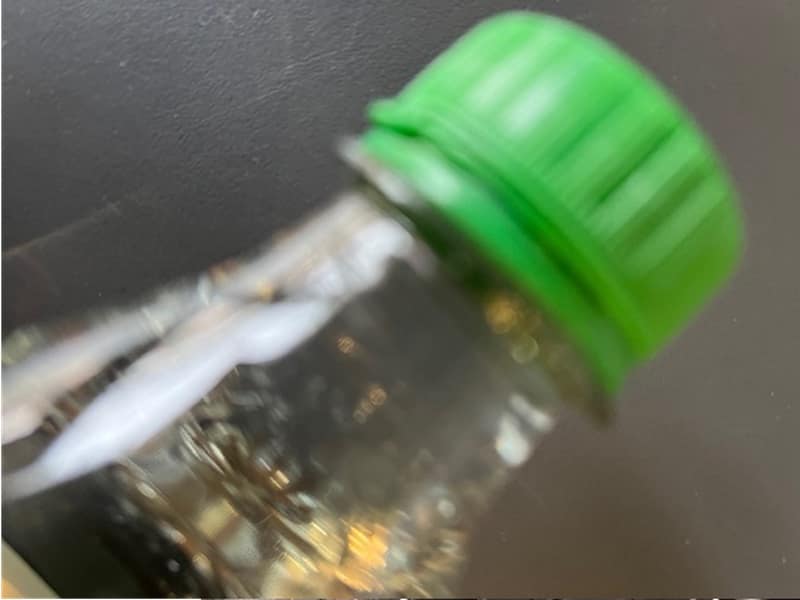
Crude Oil Prices Trend
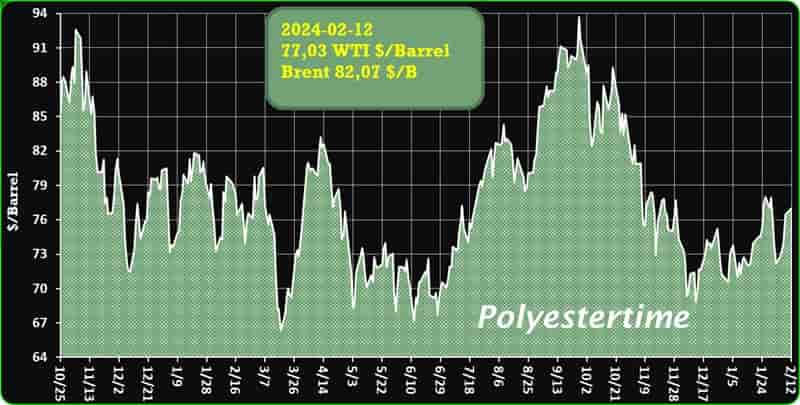
Crude Oil Prices Trend by Polyestertime
Avient Corporation unveils ColorMatrix AAnchor, an innovative acetaldehyde control technology for PET packaging, aimed at addressing challenges associated with increased recycled PET content
This solution offers improved recyclability and enhanced bottle quality, catering to the rising demand for sustainable packaging solutions.
ColorMatrix AAnchor provides a comprehensive solution to improve PET packaging’s recyclability and quality, crucial as brands increasingly incorporate higher levels of recycled material. Notably, it features a low tendency for migration, reducing the risk of exceeding regulatory limits, even in closed-loop recycling systems. Additionally, it boasts improved thermal stability, enhancing processability and efficiency while avoiding processing issues related to equipment. rPET Packaging
Andrea Smith, Global Product Manager at Avient Corporation, expresses excitement about ColorMatrix AAnchor, emphasizing its significant advancement in sustainability and innovation. By addressing challenges linked to increased rPET content, the technology aids brands in achieving sustainability goals while delivering high-quality PET packaging.
Furthermore, ColorMatrix AAnchor offers excellent bottle aesthetics and mechanical strength, potentially extending the shelf life of packaged products. It also helps control odor and minimizes the risk of off-taste in bottle contents, ensuring compliance with European food contact regulations. rPET Packaging
In summary, ColorMatrix AAnchor represents a groundbreaking solution for PET packaging, aligning with industry demands for sustainability and quality while mitigating challenges associated with recycled material incorporation.

This innovation enables the cost-effective production of FDA/EFSA approved single-layer PET food-grade sheets. The installed line caters to meat packaging needs and offers flexibility for PP tray production without modifications.
Pack Klaipėda UAB, initially specializing in expanded PS containers, shifted focus to meat and poultry packaging three years ago. Darius Kontrimas, the company’s CTO, highlighted MEAF’s compact yet output-rich machinery and their exceptional support, crucial for newcomers in the sheet extrusion domain. rPET Packaging
MEAF’s sales manager, Roald de Bruijne, emphasized the alignment of their solution with the global trend of utilizing 100% post-consumer recycled material, addressing the stringent FDA/EFSA regulations. MEAF’s commitment extends to developing an integrated IV level increase unit to facilitate tray-to-tray recycling, further promoting circularity.
Kreyenborg’s IR-CLEAN process ensures thorough cleaning and decontamination of PET flakes, endorsed by FDA and EFSA. MEAF’s dedication to energy efficiency and flexibility is evident in their pursuit of solutions for recycled material utilization, bolstering the transition towards sustainable packaging practices. rPET Packaging
MEAF’s endeavor signifies a step forward in sustainable packaging, offering practical solutions for manufacturers to adopt recycled materials seamlessly, thereby contributing to a more environmentally conscious future.
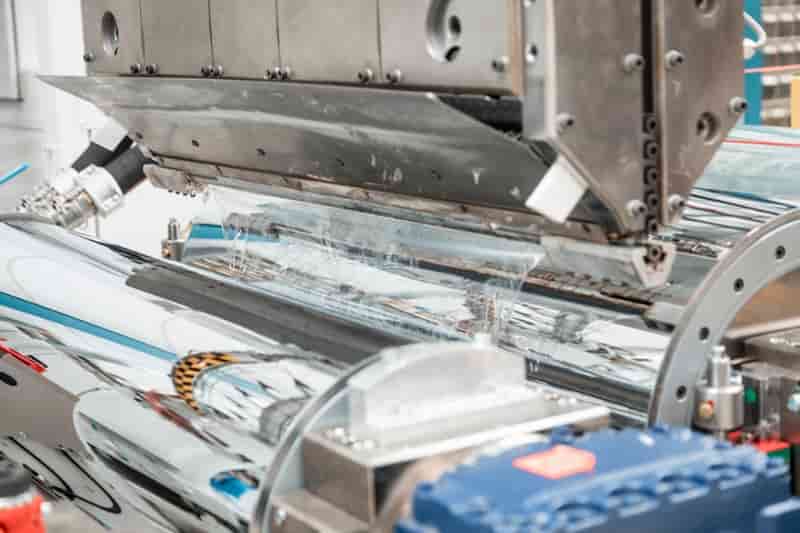
Nigerian State of Oyo Closes Pyrolysis Firm
The Oyo State Government has shut down a pyrolysis plant operated by Shri-Balaji Industry Limited in Egbeda since 2016. The plant was found to have violated the State’s Environmental Regulations, as reported by the Nigerian media. rPET Packaging
The Commissioner for Environment and Natural Resource, Architect Abdulmojeed Olawale Mogbonjubola, said that the closure was to ensure that companies, industrial firms, and corporate bodies comply with global and state environmental standards. He revealed that the ministry officials discovered that the plant emitted harmful substances during the pyrolysis process, which coated the surrounding area with carbon black, a dangerous pollutant to human health. He added that the plant had no proof of working with a solid waste contractor. The workers were also at high risk, as they had no personal protective equipment (PPE) or health scheme in any production stage. rPET Packaging
He stated that there was no clean water, and the air quality exceeded the limits set by the National Environmental Standards and Regulations Enforcement Agency (NESREA).
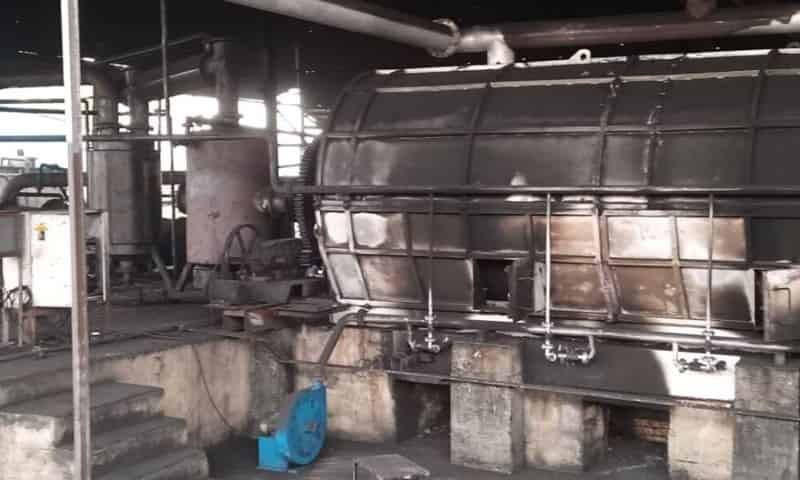
General Industries Germany relies on energy-efficient and low-CO2 Vecoplan shredders for recycling
With two new Vecoplan shredders, General Industries Deutschland (GID) can now process a wide variety of materials and continuously feed the extruders when processing challenging post-consumer waste.
Working even more energy-efficiently and further minimising the CO2footprint – just two reasons why General Industries Germany (GID) opted for shredders from Vecoplan. At its Eschwege site, the company recycles sophisticated post-consumer waste from foamed plastics (EPP/EPE/EPS) as well as post-industrial waste in the form of purgings and stamping residues. The machines can process a wide range of materials for special requirements and continuously feed the extruders. rPET Packaging
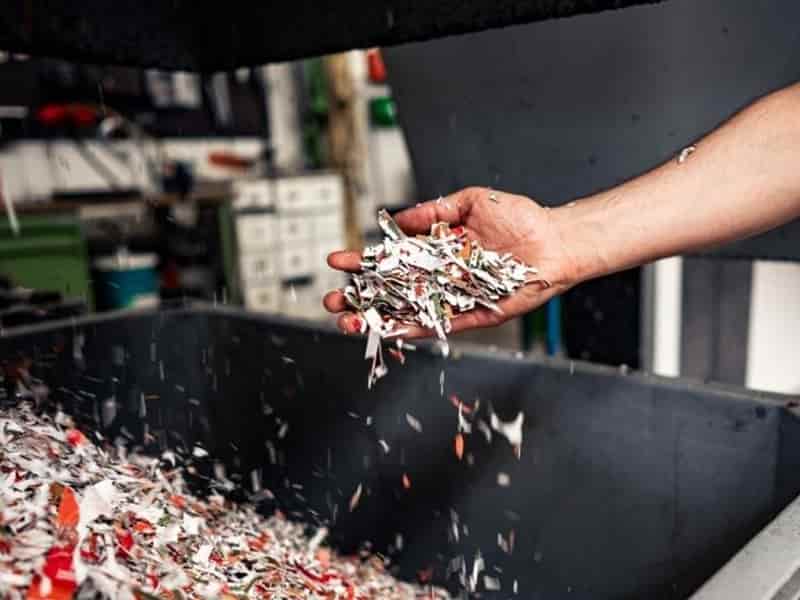
‘Breakthrough’ in polypropylene recycling could boost plastic packaging circularity
A significant hurdle standing in the way of increasing the use of recycled plastics in food packaging is the risk of potential residues causing non-compliance with food safety standards. Professor Edward Kosior and Paul Marshall of Nextek and NEXTLOOPP claim to have found an innovative solution to this issue, which they outline in our latest comment article.
According to a report by Eunomia, focused on improving the circularity of plastic packaging, undertaken on behalf of the Alliance to End Plastic Waste (AEPW), the lack of common recyclate specifications or consensus in the European market is impeding progress in achieving circularity goals. rPET Packaging
The report claims that despite several scientific and EU publications emphasising the need for high-quality recyclate, not to mention existing standards such as the EN standards, the definition of quality recyclates remains unclear, and a framework to implement such quality in the recycling process is lacking.
As a consequence, the European plastics industry is still unable to reach its recycling targets due to insufficient volumes of recycled plastic that fully meet the required quality for all key packaging applications.
If we drill down to one of the most prolific polymers in circulation for both food and non-food applications, Polypropylene (PP), there is no recycled PP authorised for use for direct food contact other than those originating from recycling schemes that must use material from a closed loop system. rPET Packaging
This measure, which prevents the inadvertent inclusion of substances that might be introduced by consumers or the goods it contains, has limited recycled PP to secondary or tertiary food packaging articles such as crates, pallets, and totes.
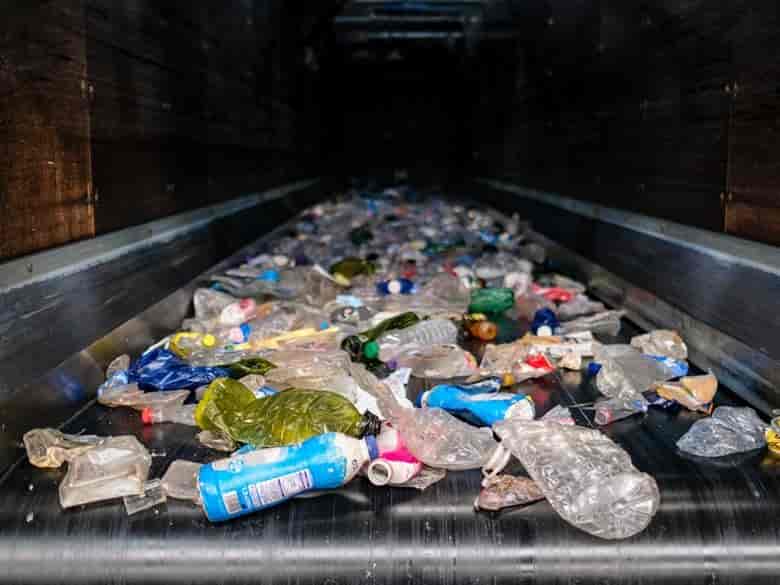
Brazil’s Petrobras to invest USD 18m in green hydrogen pilot
Brazilian state-run oil and gas company Petrobras (BVMF:PETR4) is teaming up with the local renewable energies innovation institute SENAI-ER to build a pilot electrolysis plant to study aspects of the green hydrogen value chain.
Under the cooperation agreement, Petrobras will invest BRL 90 million (USD 18.1m/EUR 16.8m) in the three-year project, it said on Wednesday. rPET Packaging
The new facility will use the output generated by Petrobras’ 1-MWp Alto Rodrigues Photovoltaic (PV) Power Plant, located in Rio Grande do Norte state. The oil giant added that the PV park capacity will be expanded to 2.5 MWp to meet the power demand of the pilot electrolysis plant.
Petrobras said it will use the hydrogen produced to analyse the performance of microturbines and their structural integrity due to the combustion of hydrogen and natural gas mixtures.
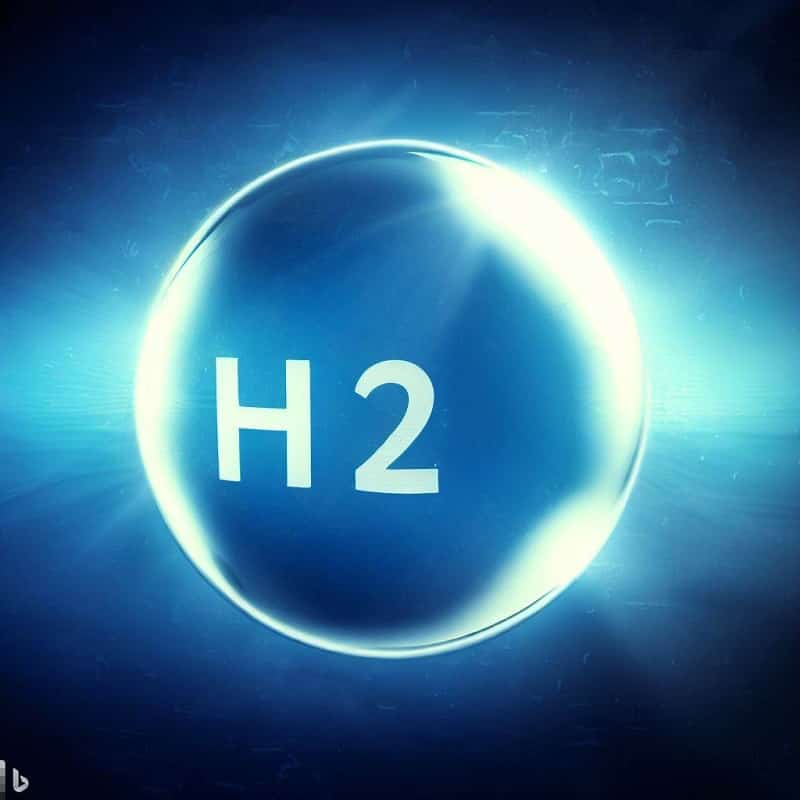
rPET Packaging
